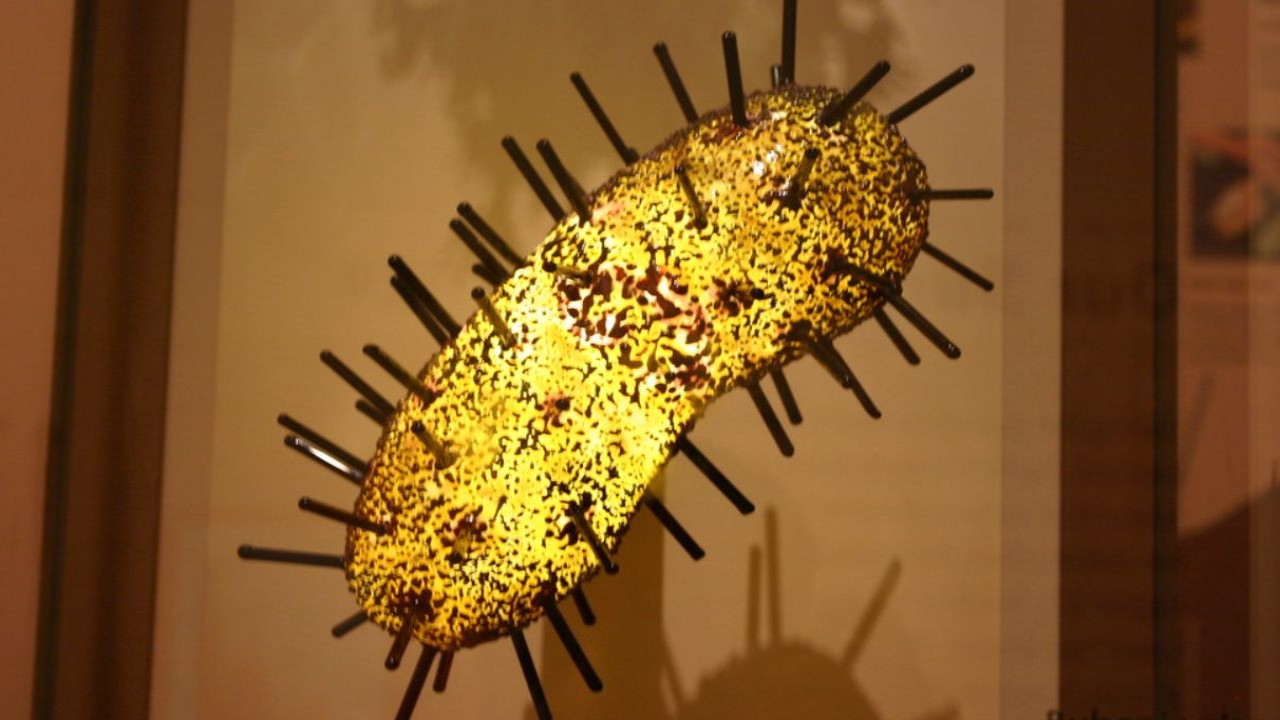Colorado health officials confirm rare case of human plague; Here’s what we know
Health officials in Colorado confirmed a rare case of human plague in Pueblo County, about 50 miles south of Colorado Springs. Here's everything you need to know.

-
Health officials in Colorado confirm a rare instance of human plague in Pueblo County
-
The disease is caused by Yersinia pestis, known for its severe health risks without timely treatment
Health officials in Colorado have discovered a rare case of human plague in Pueblo County, about 50 miles south of Colorado Springs. The individual tested positive for a disease caused by the Yersinia pestis bacteria, which can be fatal if not treated promptly with antibiotics, as per Scripps News.
Understanding the Bubonic plague
The bubonic plague, caused by Yersinia pestis, is typically transmitted through the bite of an infected flea or through contact with infected animals, according to the Centers for Disease Control and Prevention. The plague's symptoms include fever, headache, chills, weakness, and painful, swollen lymph nodes.
Health officials shared the necessity of seeking immediate medical attention if you experience plague-related symptoms, as antibiotics can effectively treat the disease if administered early. Notably, the plague vaccine is no longer available in the United States.
Preventive measures recommended by health officials
In light of the recent case, health officials urge the public to take precautions to reduce the risk of contracting the plague. This includes:
Rodent Control: Remove brush, rock piles, and trash from areas around homes, garages, and sheds where rodents could hide and breed.
Animal Handling: Avoid coming into direct contact with sick or dead animals. If handling is necessary, use insect repellent to avoid flea bites and handle carcasses with caution.
Use of Insect Repellent: To avoid flea bites, use insect repellent containing 20%-30% DEET, especially in areas where plague may be present.
Pet Safety: Treat your pets for fleas regularly and keep them away from rodent-infested areas.
Historical context and current situation
While plague has a history of devastating outbreaks such as the Black Death in Europe during the Middle Ages, human cases are now uncommon in the modern era, with an average of seven cases reported annually in the United States, primarily in northern New Mexico and Arizona.
Earlier this year, health officials reported a fatal case of bubonic plague in a New Mexico resident, raising awareness and implementing precautionary measures in areas where the disease persists.
ALSO READ: Who was Brandon Miller? All about real estate mogul and Candace Miller's husband as he dies at 43





 JOIN OUR WHATSAPP CHANNEL
JOIN OUR WHATSAPP CHANNEL






















































